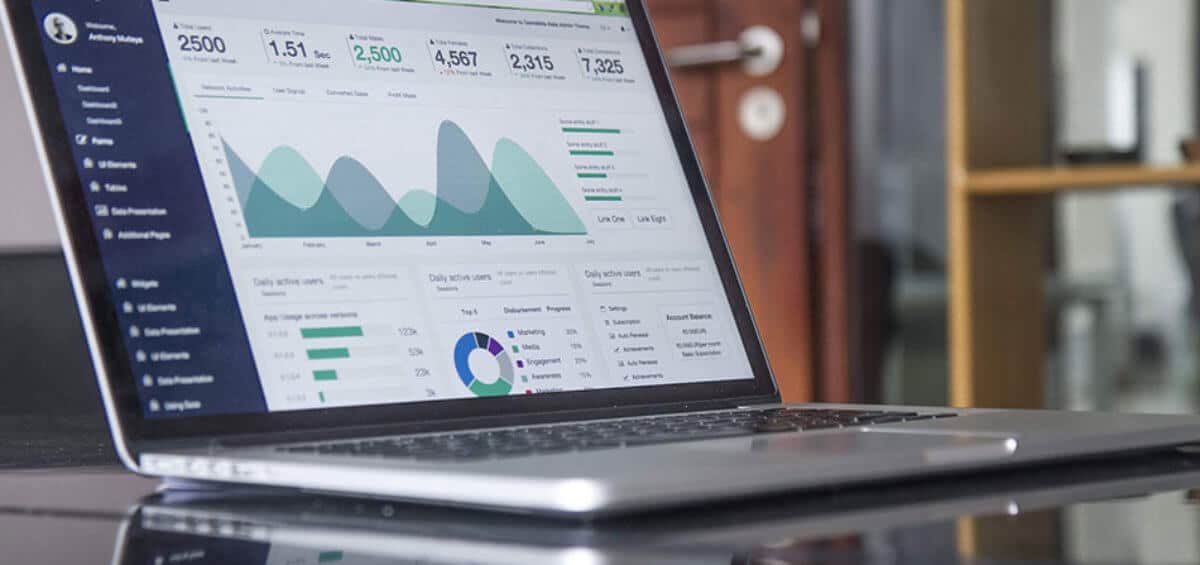Work-related Expenses in the Firing Line – On 5 July 2017 Australian Taxation Office (ATO) Commissioner Chris Jordan delivered an address to the National Press Club in Canberra. You can read the transcript of his address here. One of the topics that he discussed was work-related deductions.

Mr Jordan made the point that more than $22 billion in expenses was claimed in these categories by individual taxpayers in the 2014/15 period. More specifically, he was concerned about the validity of claims made for work-related uniform expenses. He said “around 6.3 million people made claims against clothing expenses totalling almost $1.8 billion. That would mean that almost half of the individual taxpayer population was required to wear a uniform or protective clothing or had some special requirements for things like sunglasses and hats.”
The ATO reiterated this message later that month when assistant commissioner Kath Anderson issued a warning to taxpayers to say that the ATO is focussing more on work-related expenses in this tax period.
She said that claims for clothing and laundry expenses have increases around 20 per cent over the last five years and while this increase isn’t a sign that taxpayers are doing the wrong thing, it is giving the ATO a reason to pay extra attention.
One reason the ATO has been alerted to an issue regarding uniform expenses is that over 1.6 million taxpayers claimed a deduction of exactly $150. Ms Anderson said it is a myth that you can 
The point being made by the ATO is quite clear to me: that it is either a huge coincidence or taxpayers are over-claiming expenses and they are leaning towards it being the latter.
The ATO is also wary of claims being made for motor vehicle expenses. The ATO has begun following up these claims by contacting employers to find out whether there even is a requirement for their employees to use their car for work purposes and whether claims are excessive.
Every year when preparing individual tax returns tax agents are able to view the ATO’s pre-fill report for that individual. Information in a pre-fill report includes information that has been reported directly to the ATO, including payment summaries, private health insurance, interest and dividends among other things. It has always included a brief summary of items included in the previous year’s tax return, including deductions. Pre-fills for 2017 are the first to ever include a warning for taxpayers whose claims in 2016 were high in comparison to others of the same occupation with a similar income.
In the 2017 Federal Budget the ATO made some changes to residential rental property deductions which were deemed to be integrity measures: they removed travel deductions and adjusted depreciation rules.
Australia’s self-assessment tax system is a system that places trust on the taxpayer, as information provided to the ATO is initially accepted as being true and correct when lodging tax returns and other forms on which tax liabilities are disclosed. Now that the ATO is concerned of the validity of deductions for work-related expenses what integrity measures might we see brought in?
We could see laws rewritten to exclude certain items or whole swathes of expenses made no longer claimable and only a standardised deduction of a certain value allowed. In any case, as long as the ATO keep harping on about it, there is surely more to come.
If you have any questions please feel free to contact Optima Partners – Your Pathway to Personal and Financial Security – on 08 62672200
Daniel Causerano
Snr Accountant







